Ho Chi Minh City committed to cutting red tape to aid foreign investors
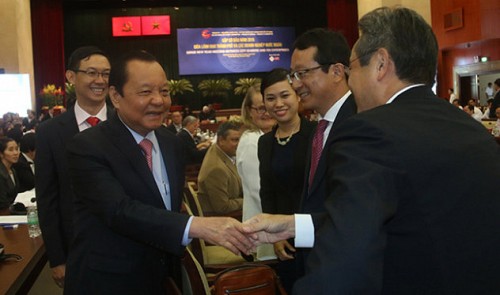
The southern Vietnamese hub will “do its best” to improve the investment environment, Party Secretary Le Thanh Hai told foreign investors during a meeting on Wednesday.
To this end, the city will continue fortifying its administrative simplification process, holding more meetings and dialogues to listen to investors, and issuing policies to facilitate businesses, Hai elaborated.
The city will also exert effort to simplify the paperwork for licensing and managing foreign-invested projects as much as possible, said Vu Van Hoa, head of the agency that oversees industrial parks citywide.
Foreign projects that are not required to seek ministry-level approval will be licensed in seven days, half the current time, whereas the time to license a construction project will also be cut by 40 percent to 12 days, Hoa said.
Investors in the field of environment will also be able to get an investment permit around 30 percent faster, he added.
Herb Cochran, executive director of the American Chamber of Commerce (AmCham) in Vietnam, said he is impressed by Hai’s commitment, and spoke highly of the changes the Southeast Asian country has made to its administrative procedures over the years.
The red tape has been cut not only in Ho Chi Minh City but also Vietnam in general, he said, while attributing the positive changes to the local leaders’ willingness to listen to feedback from foreign investors.
Daniel Miesle, a healthcare consultant from the U.S., said he did encounter problems in importing healthcare equipment to Vietnam, but is happy to see attentive Vietnamese leaders promise to change the situation.
Foreign investors and experts also took advantage of the Wednesday meeting to pinpoint other shortcomings of the business environment in Vietnam.
Yasuzumi Hitotaka, executive director of the Ho Chi Minh City branch of the Japan External Trade Organization, said in 2014 Japanese businesses operating in the city managed to domestically source 33.2 percent of their necessary materials, but Vietnamese firms only grabbed 14 percent of the cake.
The figure is far lower than the 21 percent in Thailand, according to the Japanese official.
Japan has had many commitments to assist Vietnam in developing its support industry, and the Southeast Asian country must try to improve its ability to join the global supply chain, he urged.
Cochran, from AmCham, said his organization remains committed to helping Vietnam become the No.1 investment environment in Southeast Asia in 2015.
But Sherry Boger, general director of Intel Vietnam, whose plant is located in the city’s District 9, said what matters is whether Vietnam is able to improve its hi-tech and semiconductor industries.
Intel is willing to collaborate to develop Vietnam’s support industry, but the effort from the Vietnamese side is not strong enough, Boger said.
She suggested that the Vietnamese government determine how it wants small- and medium-sized enterprises to be supported so that Intel will be able to provide high quality materials for them.
What the stars mean:
★ Poor ★ ★ Promising ★★★ Good ★★★★ Very good ★★★★★ Exceptional
Latest News
More News
- Standard Chartered revises down Vietnam's 2024 GDP growth forecast to 6 per cent (April 24, 2024 | 15:04)
- Vincom Retail retains brand name following Vingroup divestment (April 24, 2024 | 15:00)
- Veterinary drugmakers seek time and cost-saving policies (April 24, 2024 | 11:36)
- Crucial small business arena to receive reduced CIT boost (April 24, 2024 | 11:12)
- Gaw Capital bets on “China plus one” opportunities in Vietnam (April 24, 2024 | 09:00)
- Softening demand to limit 2024 trade (April 24, 2024 | 08:00)
- FPT partners with NVIDIA to shape the future of AI and Cloud on global scale (April 23, 2024 | 18:07)
- Beverage giant SABECO thirsty for $190 million profit this year (April 23, 2024 | 17:47)
- US government hosts AI workshop in Ho Chi Minh City with key partners (April 23, 2024 | 15:09)
- FPT sees strong growth in first quarter (April 23, 2024 | 14:49)




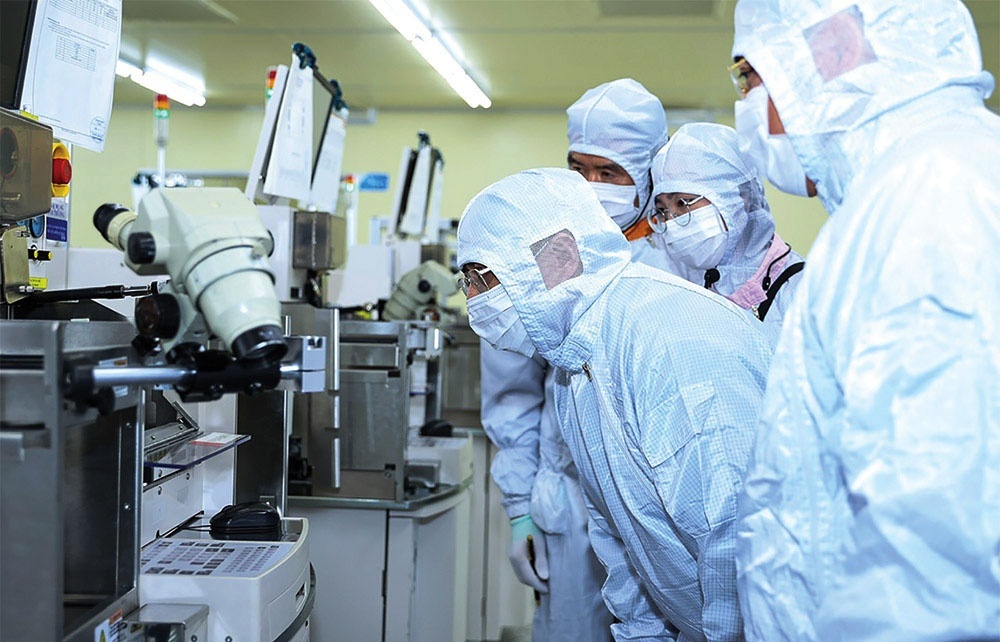

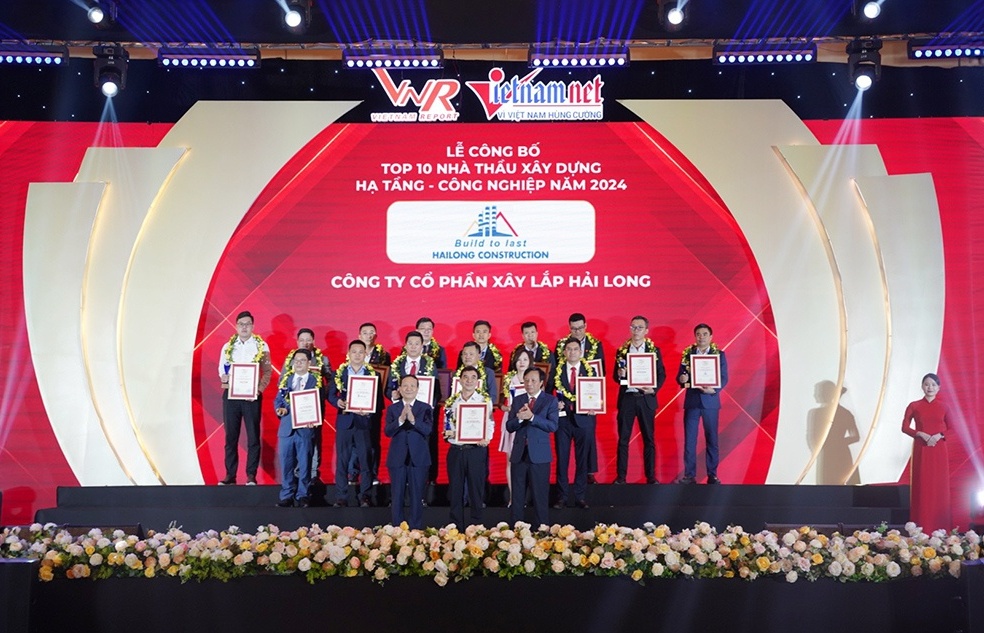
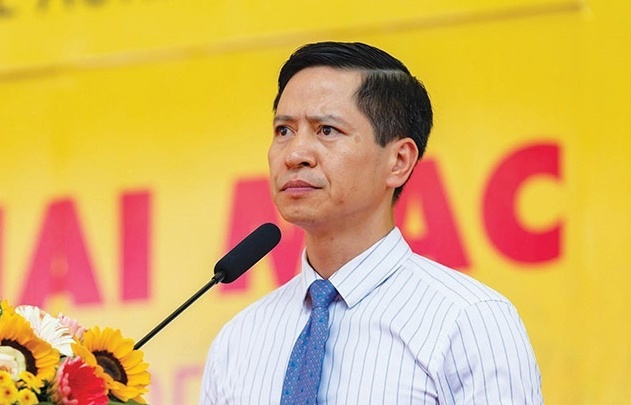



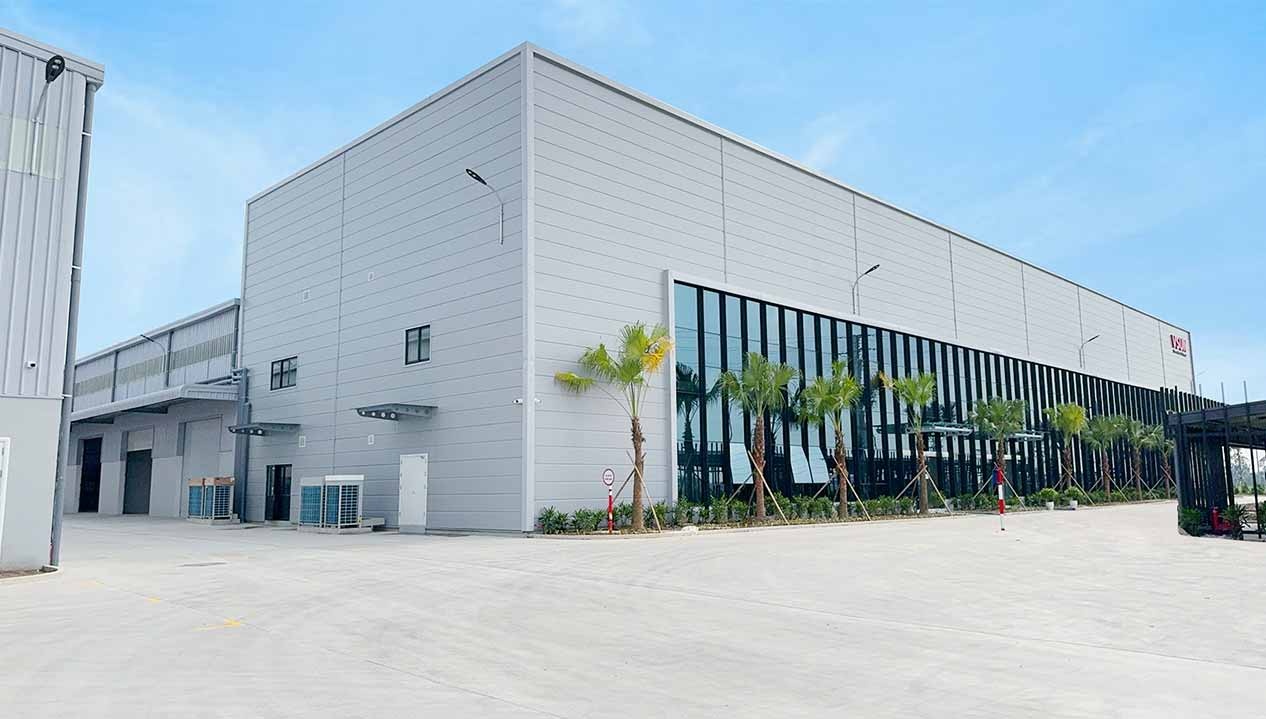



 Mobile Version
Mobile Version